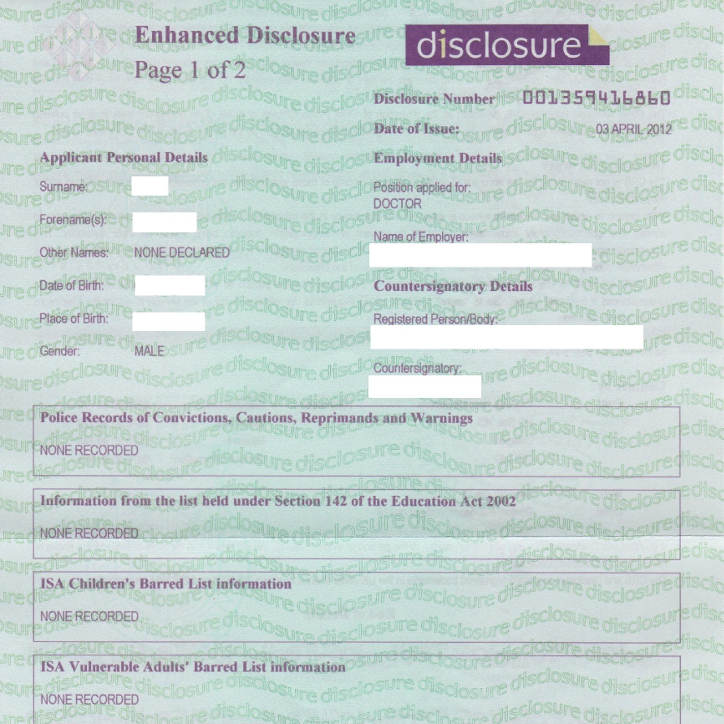

Once a plaintiff shows disparate impact, the burden shifts to the defendant to show that the practice is job-related and consistent with business necessity. The relevant question is whether a disproportionate number of protected individuals have been deprived of employment opportunities, regardless of whether the workforce is racially balanced. Statistical evidence based on the employer’s applicants, workforce, and criminal history data can help show whether it improperly weighs criminal history more against a particular group.ĭisparate impact occurs when a facially neutral policy or practice disproportionately screens out members of a protected group, and the policy or practice is not job-related and consistent with business necessity. A claim based on disparate treatment is essentially a claim of discrimination based on race, color, national origin, age, sex, or religion. The EEOC has published guidance on this issue.ĭisparate treatment occurs when members of different groups are treated differently despite being similarly situated. Use of a criminal record in making employment decisions is not barred by Title VII, but it can result in discrimination through the disparate treatment of or disparate impact on a protected class. The Equal Employment Opportunity Commission (“EEOC”) is responsible for enforcing Title VII of the Civil Rights Act of 1964, which prohibits employment discrimination based on race, color, national origin, age, sex, or religion. Title VII of the Civil Rights Act of 1964 (“Title VII”) Unfortunately, the First Offender’s Act does not provide for a civil remedy if an employer violates the statute, and case law holds that there is no private cause of action arising from the statute. Entities may also consider crimes of moral turpitude discharged under the Act when hiring peace officers. However, these exceptions only allow employers to consider crimes that are specified in the statute. The Act contains exceptions for schools, child welfare agencies, and facilities providing care for the elderly, mentally ill, or developmentally disabled. A discharge under this law is not considered a conviction and may generally not be used to disqualify a job applicant. In Georgia, a person who pleads guilty or nolo contendere may, under certain circumstances, be placed on probation or confined without an entry of judgment of guilt, pursuant to the First Offender’s Act. Employers’ use of criminal history to exclude candidates for employment therefore affects some racial and ethnic groups more than others. The Bureau estimated that one in 17 white males, one in six Hispanic males, and one in three black males were expected to be incarcerated in state or federal prison during their lifetimes if the incarceration rates did not change. The Bureau used the data to estimate the lifetime likelihood of imprisonment for various populations of U.S. In 2003, the Department of Justice Bureau of Statistics published a Special Report on the prevalence of imprisonment, reviewing data from 1974-2001.

If you have a concern involving criminal conviction discrimination, the employment law lawyers at Parks, Chesin & Walbert have a thorough understanding of how these rules affect workers and companies in the Atlanta area.


While sometimes employers may have a legitimate reason to consider a candidate’s criminal history, both state and federal laws provide protections to prevent misuse of such information. Many employers run background checks on job applicants and use those checks to make employment decisions. Capable Employment Law Attorney Serving the Atlanta AreaĪrrests and criminal convictions can have long-lasting consequences.


 0 kommentar(er)
0 kommentar(er)
